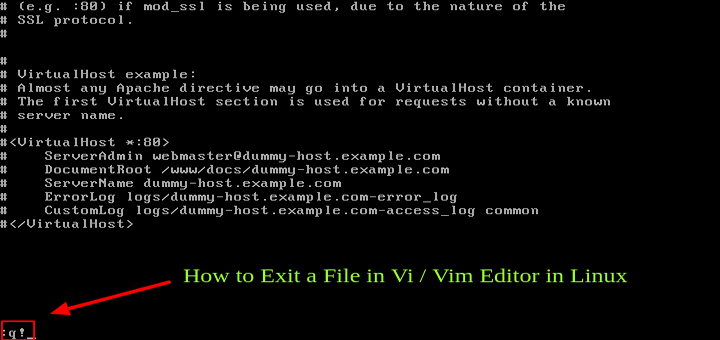

Like involving username/password hacking or brute-force attacks. It can be a useful log file to find out any attempted security breaches.

This file contains information on failed login attempts.
This logs can be use to debugging hardware and connectivity issues. Kernel logs can be helpful to troubleshoot a custom-built kernel. It is perfect for troubleshooting kernel related errors and warnings. This is a very important log file as it contains information logged by the kernel. So you can rely on this log file to troubleshoot the issue. If a certain hardware is functioning improperly or not getting detected. This log file is useful for dedicated server customers mostly. It captures the device status, hardware errors and other generic messages. That are detects physical hardware devices associated with the server during the booting process by the kernel. This log files contains the information of devices. #LINUX MAIL FILE MONITOR DRIVERS#
It contains the Information related to hardware devices and their drivers which are logged here. This log file contains Kernel ring buffer messages. It can also be useful to determine the duration of system downtime caused by an unexpected shutdown. If you are facing improper shutdown, unplanned reboots or booting failures. This is the repository of booting related information. The system initialization script, /etc/init.d/bootmisc.sh, sends all bootup messages to this log file. Also we can Investigate brute-force attacks and other vulnerabilities related to user authorization mechanism. We can Investigate failed login attempts. Suspect that there might have been a security breach in your server? Notice some suspicious javascript file where it shouldn’t be? If so, then find this log file asap. If you’re looking for anything that is involving the user authorization process, we can find it in this log file. In Debian and Ubuntu, All authentication related events in server are logged here. To check if something went wrong during the system startup process then You can check this log file. For example, if we are facing some kind of issues with the sound card. Here we can track non-kernel boot related errors, application-related service errors and the messages that are logged during system startup. This should be the first log file that the Linux administrators must check if something goes wrong.  It is mainly used to store informational and non-critical system messages. This location is use for Debian-based systems. This log file contains generic system activity logs. We can have look at these logs when we are facing some basic problems: # /var/log/syslog The volume of logs can sometimes make it frustrating just to find the right file that contains the required information. No doubt, monitoring and analyzing all of them can be a challenging task. In short, log files allow you to anticipate upcoming issues before they actually occur. We can gain a detailed insight on server performance, security, error messages, and underlying issues by monitoring Linux log files. Log plays an important role in the system and log management is an integral part of any server administrator’s responsibility. In a Linux environment, we have four types of log files that are generated: Linux provides a centralized repository of log files to track all of the important events that can be located under the /var/log directory. These logs contain messages about the server, kernel, services, and applications running on the system. Reading Time: 4 minutes What are Linux logs filesīasically, log files are a set of records that Linux maintains these logs for the administrators to keep track of important events.
It is mainly used to store informational and non-critical system messages. This location is use for Debian-based systems. This log file contains generic system activity logs. We can have look at these logs when we are facing some basic problems: # /var/log/syslog The volume of logs can sometimes make it frustrating just to find the right file that contains the required information. No doubt, monitoring and analyzing all of them can be a challenging task. In short, log files allow you to anticipate upcoming issues before they actually occur. We can gain a detailed insight on server performance, security, error messages, and underlying issues by monitoring Linux log files. Log plays an important role in the system and log management is an integral part of any server administrator’s responsibility. In a Linux environment, we have four types of log files that are generated: Linux provides a centralized repository of log files to track all of the important events that can be located under the /var/log directory. These logs contain messages about the server, kernel, services, and applications running on the system. Reading Time: 4 minutes What are Linux logs filesīasically, log files are a set of records that Linux maintains these logs for the administrators to keep track of important events.










